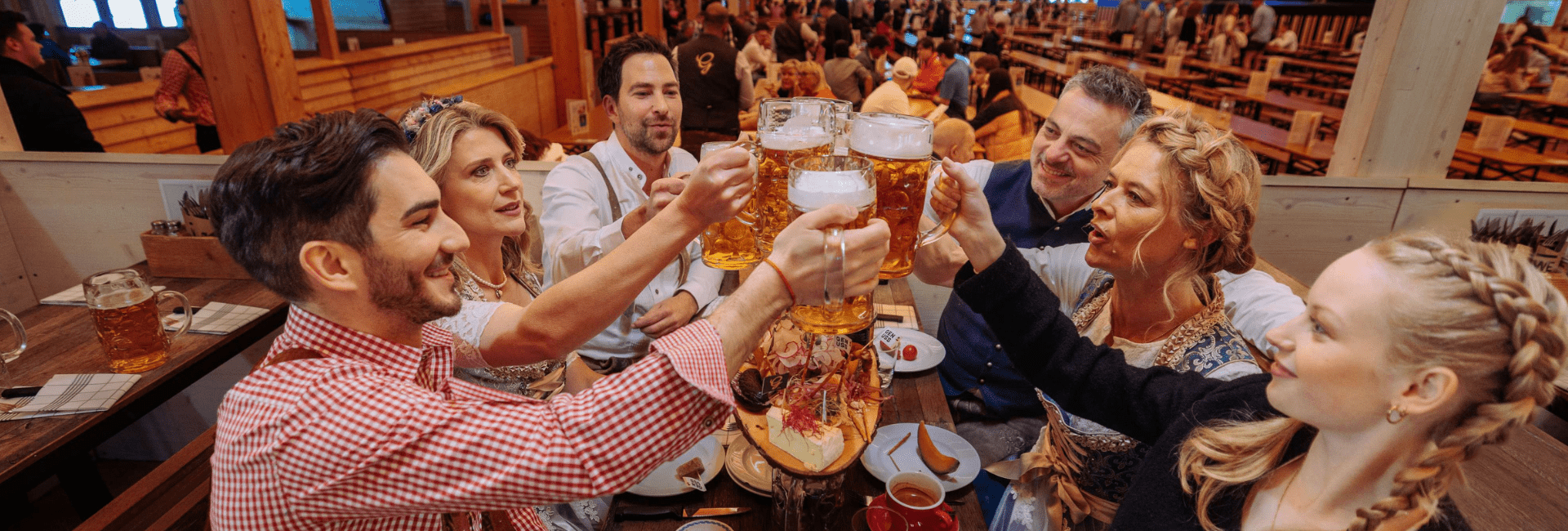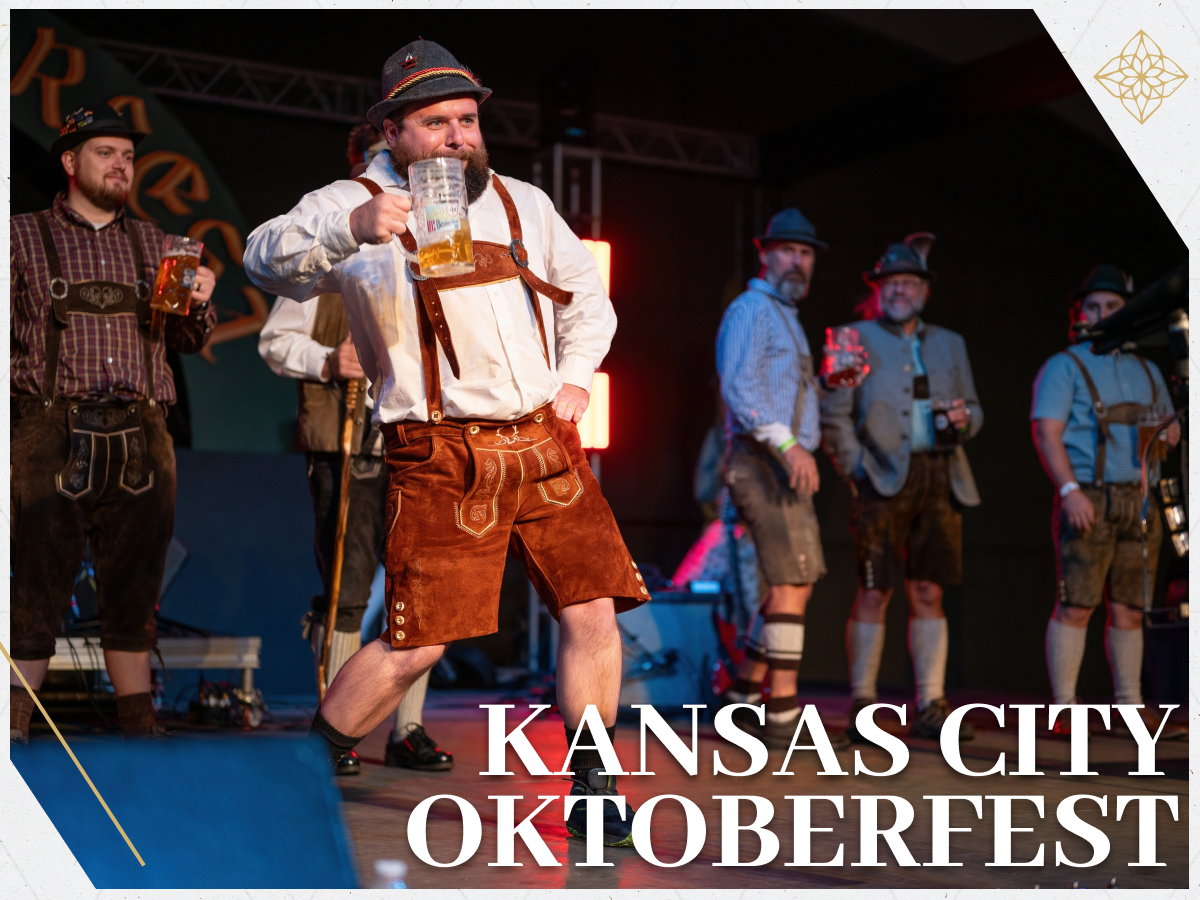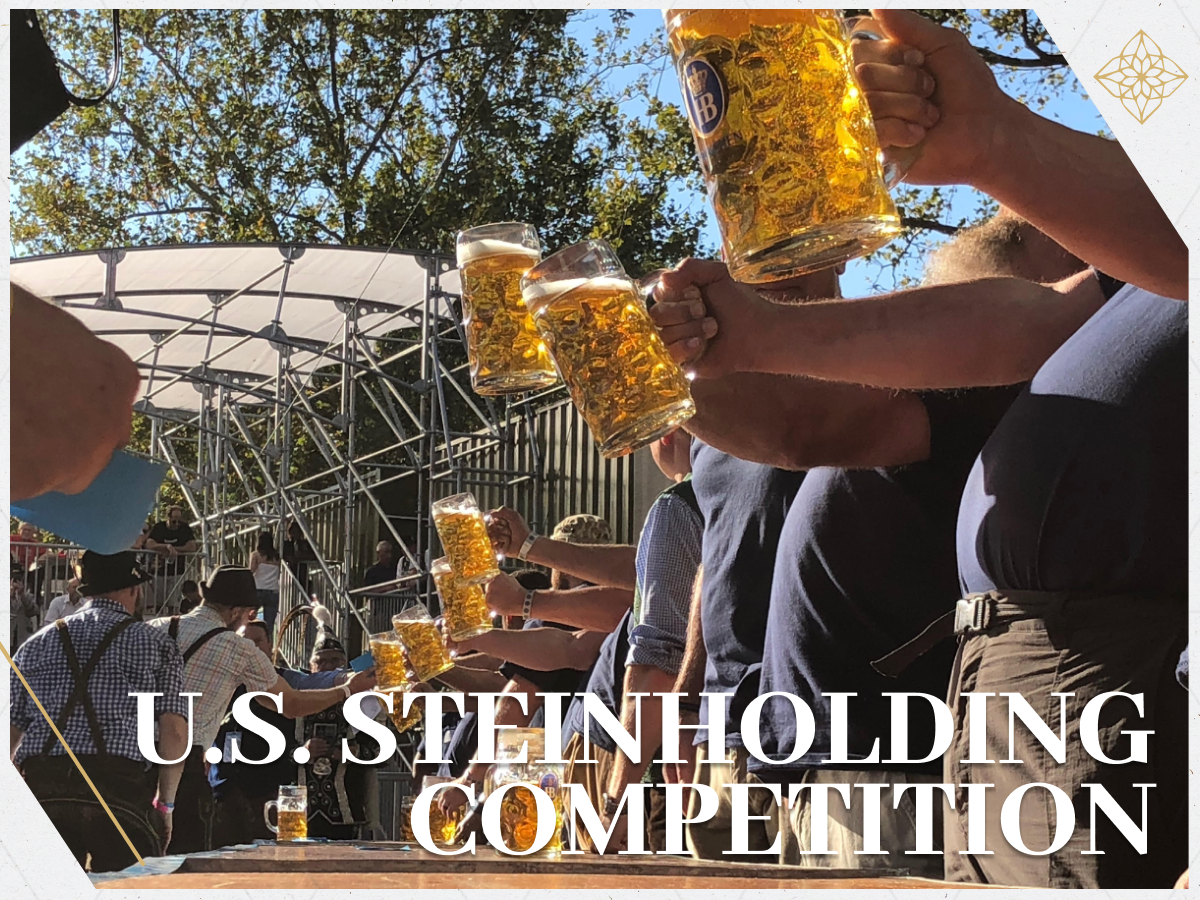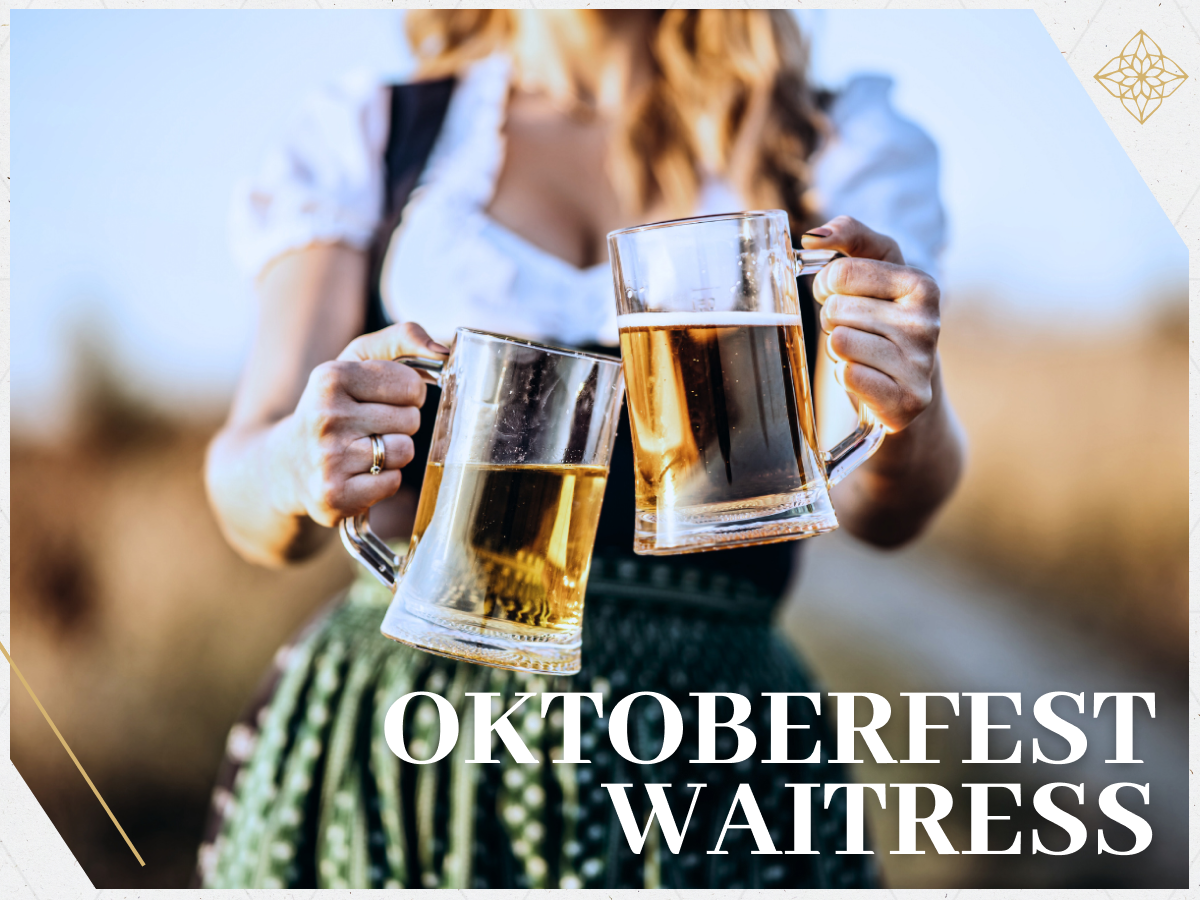Beer in Germany: A Cultural Odyssey in Every Glass

Get a $10 store credit for your first order
Ah, Germany! The land of poets, thinkers, and... beer aficionados? Absolutely! If there's one thing Germany is celebrated for (aside from its precision engineering and undying love for soccer), it's the golden brew: Beer.
The land of liquid bread
You might've heard of the German “Reinheitsgebot”, or the “Beer Purity Law”, which dates back to 1516. This decree stated that beer could only be made from water, barley, and hops. Yeast was later added when its role in fermentation was discovered. (A tiny oversight, but we'll let it slide!) This law wasn't just about maintaining the purity of beer; it was about preserving the German way of life. It's akin to saying, "You can tinker with our cars, but hands off our beer!

A beer for every occasion
Germany offers a beer for every mood and moment. Feeling festive? Grab a Maß (a liter) of Oktoberfestbier. Winter blues setting in? A Doppelbock will warm your spirit. Eager to toast the arrival of spring? A Maibock is your answer. And for those scorching summer days? A crisp Pilsner will quench your thirst.
Germany's Top 10 must-try brews
Germany is renowned for its rich beer heritage, and it offers a plethora of world-class beers. Here's a list of some of the best and most iconic German beers:
1. Weihenstephaner Hefeweissbier: Brewed by Bayerische Staatsbrauerei Weihenstephan, the world's oldest brewery, this is often considered the gold standard of wheat beers. It's a smooth, yeasty beer with notes of banana and clove.

2. Paulaner Salvator Doppel Bock: Originating from the Paulaner brewery in Munich, this beer is rich, malty, and has a hint of sweetness. It's a classic example of the Doppelbock style.

3. Erdinger Weissbier: One of the world's most famous wheat beers, Erdinger Weissbier is known for its fruity flavor with hints of banana and mild spice.

4. Bitburger Premium Pils: A classic German pilsner, it's crisp, refreshing, and has a slightly bitter finish, making it a favorite among many beer enthusiasts.

5. Schneider Weisse Original: Another excellent wheat beer, it boasts a harmonious balance of fruity notes and a mild bitterness.

6. Augustiner Helles: Brewed by Munich's oldest privately-owned brewery, this is a smooth and slightly malty lager that's perfect for any occasion.

7. Aecht Schlenkerla Rauchbier: From Bamberg, this beer is famous for its smoky flavor, reminiscent of smoked ham or bacon, due to the use of malt dried over an open flame.

8. Warsteiner Premium Verum: A widely popular pilsner, it's known for its clean, crisp taste and slightly bitter finish.

9. Köstritzer Schwarzbier: A black lager from Thuringia, it's malty, roasty, and surprisingly light, making it a favorite among those who enjoy dark beers.

10. Berliner Kindl Weisse: A sour wheat beer from Berlin, it's often served with a shot of raspberry or woodruff syrup, offering a unique and refreshing taste.

These are just a few examples, and the list could go on. Each region in Germany has its own specialties and hidden gems. If you ever get the chance to visit, exploring local breweries and trying out regional favorites is a must for any beer lover!
Beer gardens: Germany's social oasis
The German Biergarten is more than just an open-air pub; it's a cultural institution rooted in history and Gemütlichkeit (warmth and good cheer).
Originating in 19th-century Bavaria, brewers created these gardens to serve beer during summer months. They dug cellars for cooling and planted chestnut trees for shade. Patrons soon began enjoying beer under these trees, often bringing their own food, giving birth to the Biergarten tradition.
The ambiance is key. Amidst the rustling leaves and clinking mugs, communal seating encourages camaraderie, turning strangers into friends over shared tales and laughter. While beer is the mainstay, many gardens allow patrons to bring their own picnics, adding to the communal spirit.
From bustling Munich to the serene Bavarian Alps, each Biergarten offers a unique atmosphere of German tradition. It's not just about the beer; it's about community, relaxation, and celebrating life. So, when in Germany, find a Biergarten, raise a glass, and toast to tradition.

The historical brew
Beer in Germany is a historical journey. Monasteries were among the earliest breweries, with monks perfecting the art of brewing. These monastic brews were not just for consumption; they were a means of sustenance during fasting periods. So, when you sip on a German beer, you're not just enjoying a beverage; you're partaking in a tradition that spans centuries.
Remember you're not just sipping beer; you're savoring centuries of German heritage.
Ready for the ultimate experience?
If this ode to German beer has you daydreaming of Bavarian landscapes, frothy mugs, and the rich tapestry of German culture, here's some tantalizing news. How about winning a trip to Munich, the epicenter of German beer culture?
Dive deep into the world of hops and malts, and experience Germany in its most authentic form. Enter now for a chance to "Win a Trip to Munich" and embark on the beer adventure of a lifetime!
[Click here to Enter the Win A Trip to Munich Giveaway!|https://bavariatrachten.com/pages/trip-to-munich]
FAQ
What is the most popular beer in Germany?
Germany boasts a rich tapestry of beers, with each region having its own specialty. While it's challenging to pinpoint a single "most popular" beer, Pilsner-style beers, especially brands like Bitburger, Beck's, and Warsteiner, are among the top-sellers. However, local preferences can vary, with Bavarians favoring Helles lagers or Weissbier.
What is beer in Germany called?
In Germany, beer is referred to as "Bier." However, given the country's diverse beer culture, there are many specific names based on the type and region, such as "Weissbier" (wheat beer), "Kölsch" (from Cologne), "Pils" or "Pilsner" (a type of pale lager), and "Dunkel" (dark beer), to name a few.
How is beer served in Germany?
Beer in Germany is traditionally served in glassware that complements the specific beer type. For instance, Weissbier is served in tall, slender glasses, while a Pils might be served in a shorter, wider glass. The beer is poured carefully to produce a thick, creamy head. In traditional settings like beer gardens or old taverns, beer might be served in ceramic mugs or steins.
Get a $10 store credit for your first order








Leave a comment